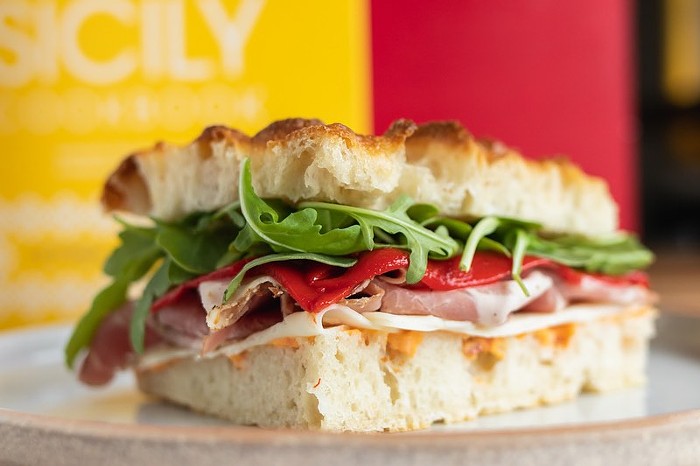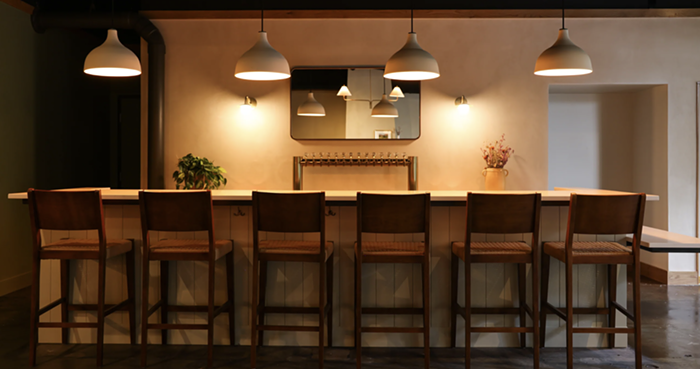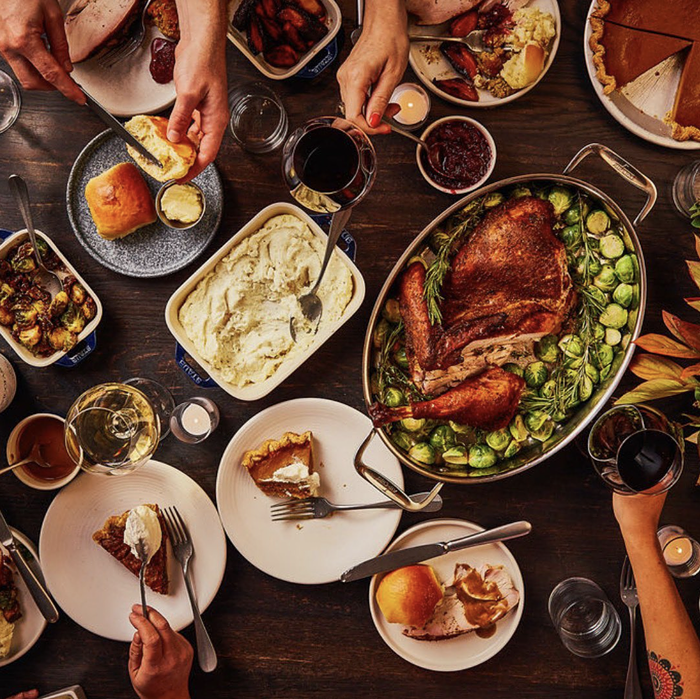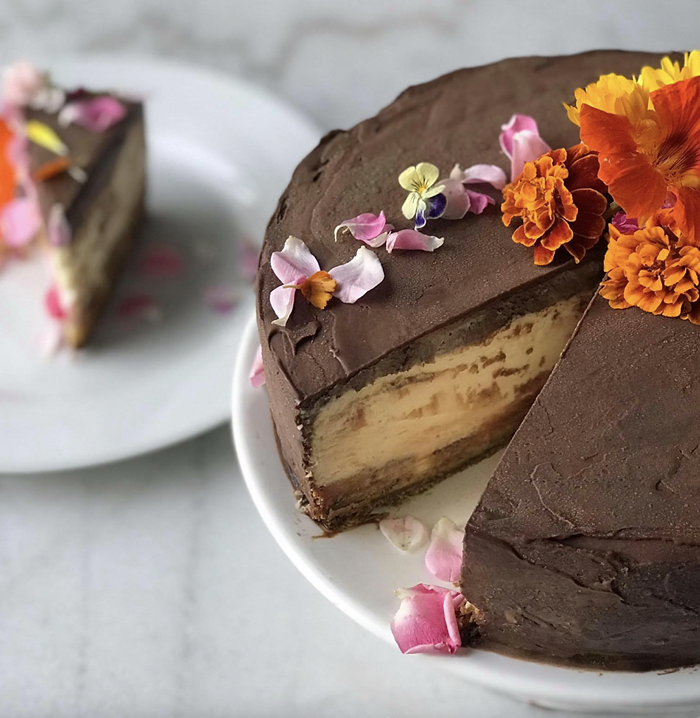THINK “WINE COCKTAIL.” At best it evokes brunch-time bottomless mimosas, or at worst, sickly spritzers served at family functions in a weak attempt at sophistication and taming the level of booze consumption. But wine cocktails can taste as complex as those made with hard liquor—even the derided spritzer has its place (it’s widespread in hot European countries). Wine purists who cry that such concoctions degrade the integrity of the grape should turn away and go read up on their vintage charts.
To appreciate how intricate a wine cocktail can be, go see a specialist. Olympia Provisions NW (1632 NW Thurman) has a spring punch (rosé, Imbue bittersweet vermouth, dry curaçao, grapefruit juice, chamomile tea; $9) that bursts with freshness, and it’s anything but one dimensional, with shifting layers of flavor that ripple over the taste buds. For a cocktail that any decent bar should be able to put together, try a French 75; ditch the routine gin and replace with cognac, combining with lemon juice and champagne. Bar Vivant (2225 E Burnside) can show you how it’s done.
If drinking at home, begin with mixing spritzers. The spritzer was invented in the 19th century in Hungary or Austria, depending on which Central European you’re speaking to. Naturally, keep away from the mass-produced, brightly colored six-packs found in supermarket coolers: Just mix a light red wine (especially one without tannins, like a Gamay) with sparkling water (about a quarter) and serve chilled. Simple and unequivocally refreshing for a summer’s day, it’s also a good way to ensure you’re not loaded before the grill is even warmed up. Variations are abundant: For example, the Ransom tasting room (525 NE 3rd, McMinnville) uses a white wine (Pinot gris) with Aperol (a bitter orange aperitif) and soda water.
Or there’s this easy recipe for a great brunch kicker from Sarah Egeland, general manager of Verdigris (1315 NE Fremont). Fill a glass with two ounces of Campari, top with ice, add Lambrusco, and finish with two shakes of lavender bitters. It also makes an invigorating alternative to still wine, and pairs well with cheese and salami.
Sangria is another approachable gateway into wine cocktails. Consumed in Iberia for centuries, it didn’t make its official appearance in the United States until the 1964 World’s Fair in New York. A traditional sangria is red wine (a medium-bodied Garnacha or Tempranillo will do), sugar, and citrus juice, with some cava to top it off—though you can use this as a starting point and play around with adaptations. My favorite is a friend’s recipe with mint and basil leaves stewed in brandy and Combier (an orange liqueur), added to simple syrup along with sliced apples, oranges, lemons, strawberries, citrus juice, and red wine. The result is anything but a fruit bomb, instead forming an interplay of all the flavors.
For the more adventurous, wine can make for a difficult mixing partner. “Since wine already possesses so many complex favors, it can be a tricky ingredient when creating a balanced cocktail,” says Jacqueline Stuart, bar manager of Accanto (2838 SE Belmont). She suggests substituting red wine in an already existing cocktail, such as an Old-Fashioned or Manhattan, and reducing the whiskey when adding the wine. “Experiment with the parameters and try a port or a different grape varietal,” she says. “Maybe it needs a splash of soda or a new garnish? The possibilities are endless and always fun.”
Though fortified wines such as sherry are no longer a mainstay of your average bartender’s repertoire, they have a long cocktail history. Try classics such as the Adonis (fino sherry, sweet vermouth, and orange bitters), the Bamboo (similar to the Adonis but with the addition of simple syrup and Angostura bitters), or to impress your friends and the barkeep, order an Artist’s Special (oloroso sherry, Scotch, lemon juice, and redcurrant syrup). Vermouths can also play more than a supporting role in a cocktail—Locale (4330 N Mississippi) is the place to explore what can be done with aromatized wines without the interference of hard liquor.


















